Henna tattoos
- bogdan.tattootv
- Jul 12, 2024
- 3 min read
Tradition, Art and Meaning

Henna tattoos, also known as mehndi, are a traditional form of body art originating from Indian, Middle Eastern and North African cultures. Henna is a natural dye obtained from the Lawsonia inermis plant, used for centuries to create intricate temporary patterns on the skin. These tattoos are popular not only for their aesthetic beauty but also for their deep cultural and symbolic meanings.
History and Meaning of Henna Tattoos
Cultural Origins
Henna tattoos have a long history and are used in various cultures to celebrate important events such as weddings, religious holidays and other special ceremonies. In India, for example, brides are often decorated with intricate henna designs before the wedding, a ritual believed to bring good luck and prosperity.
Symbolism and Meaning
Luck and Prosperity : In many cultures, henna tattoos are associated with luck, fertility and prosperity.
Protection and Blessing : Henna designs are believed to offer protection from evil spirits and bring blessings.
Beauty and Elegance : Henna is appreciated for its ability to add a touch of beauty and elegance, being a temporary aesthetic accessory.
Popular Henna Tattoo Designs
1. Traditional Indian Patterns
These include intricate motifs such as flowers, leaves, birds and geometric patterns that cover the hands and feet entirely.
2. Arabic models
Characterized by thick lines and large shapes, Arabic designs are more airy and often include flowers and curved lines.
3. African models
African designs are more geometric and abstract, often used to symbolize various cultural and tribal aspects.
4. Contemporary Models
Inspired by various cultures and styles, contemporary henna designs include modern and minimalist designs, often customized to suit individual tastes.
The Process of Applying Henna Tattoos
Applying henna tattoos is a detailed process that involves using a henna paste to draw patterns on the skin. The paste is allowed to dry and sit on the skin for several hours, and then it is removed, leaving behind a reddish-brown pattern. The durability of the tattoo varies between one and three weeks, depending on the type of skin and post-application care.
Answers to Common Questions About Henna Tattoos
1. How long does a henna tattoo last?
A henna tattoo generally lasts between one and three weeks, depending on skin type and aftercare.
2. Is getting a henna tattoo painful?
No, the henna tattoo application process is not painful, as henna is only applied to the surface of the skin and does not involve needles or skin penetration.
3. Can I be allergic to henna?
Although natural henna is considered safe for most people, there is a risk of allergic reactions, especially with black henna, which may contain chemical additives. It is recommended to do a sensitivity test before application.
4. How do I take care of a henna tattoo to make it last longer?
To prolong the life of your henna tattoo, it is important to avoid excessive washing of the tattooed area and use natural oils such as olive or coconut oil to keep the skin moisturized.
5. Can henna stain clothes?
Yes, henna can stain clothes and other materials, especially in the first few hours after application. It is recommended to avoid contact with clothing until the henna paste has completely dried and been removed.
Henna tattoos offer a beautiful and meaningful way to decorate your body, whether for special occasions or to express yourself artistically. With a long history and deep cultural significance, these temporary tattoos continue to be appreciated and used around the world. Regardless of the design chosen, a henna tattoo will add a unique and elegant touch to any outfit and occasion.
Tat-Too.tv - Discover the fascinating world of tattoos and their deep meanings. Be inspired and explore new ways to express your personality through body art.




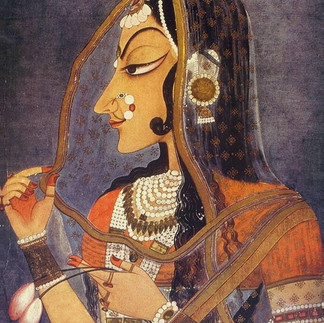


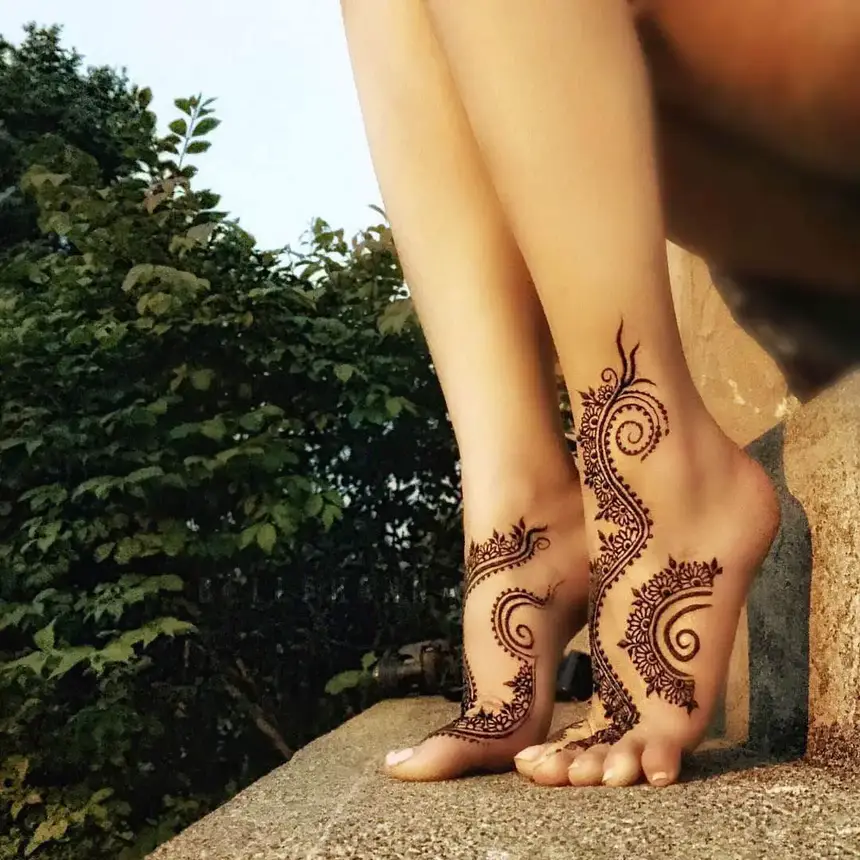
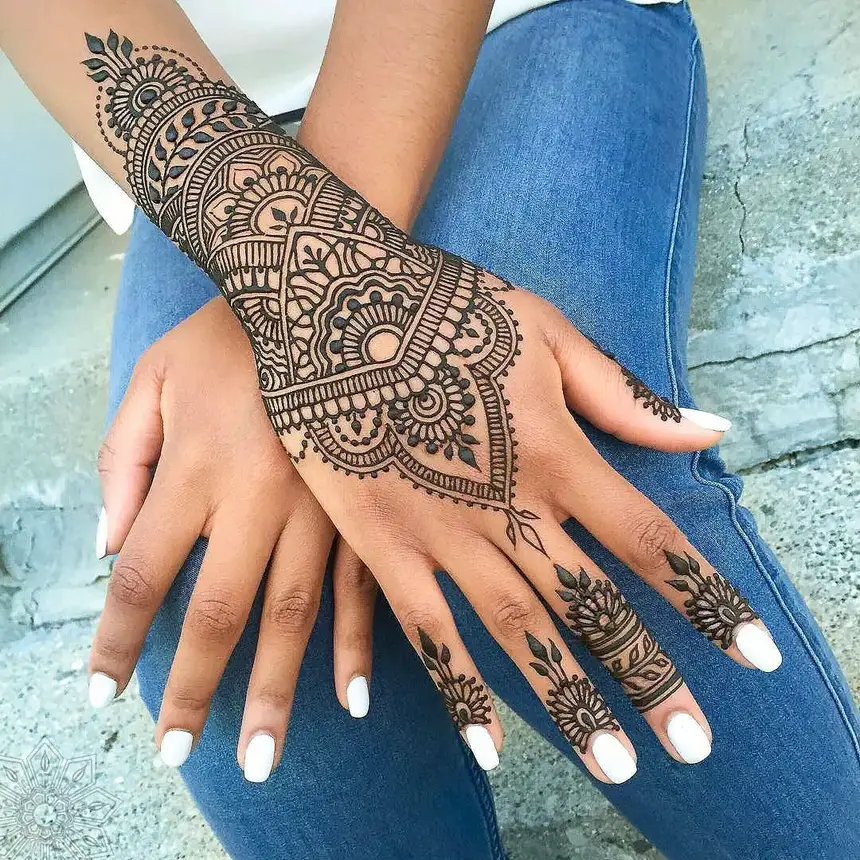
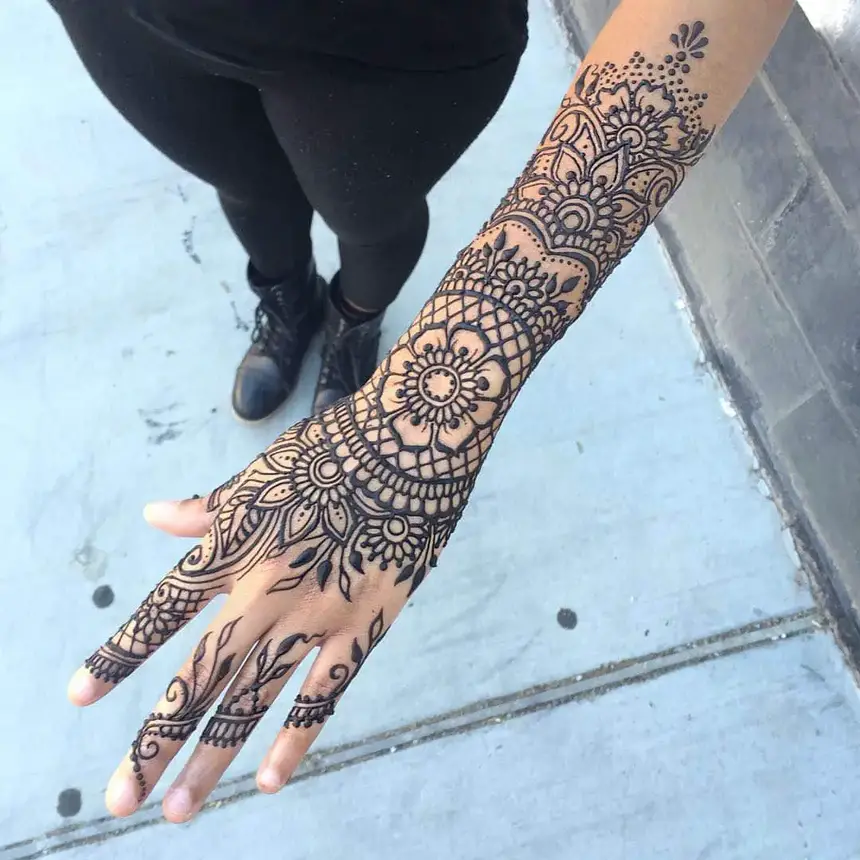
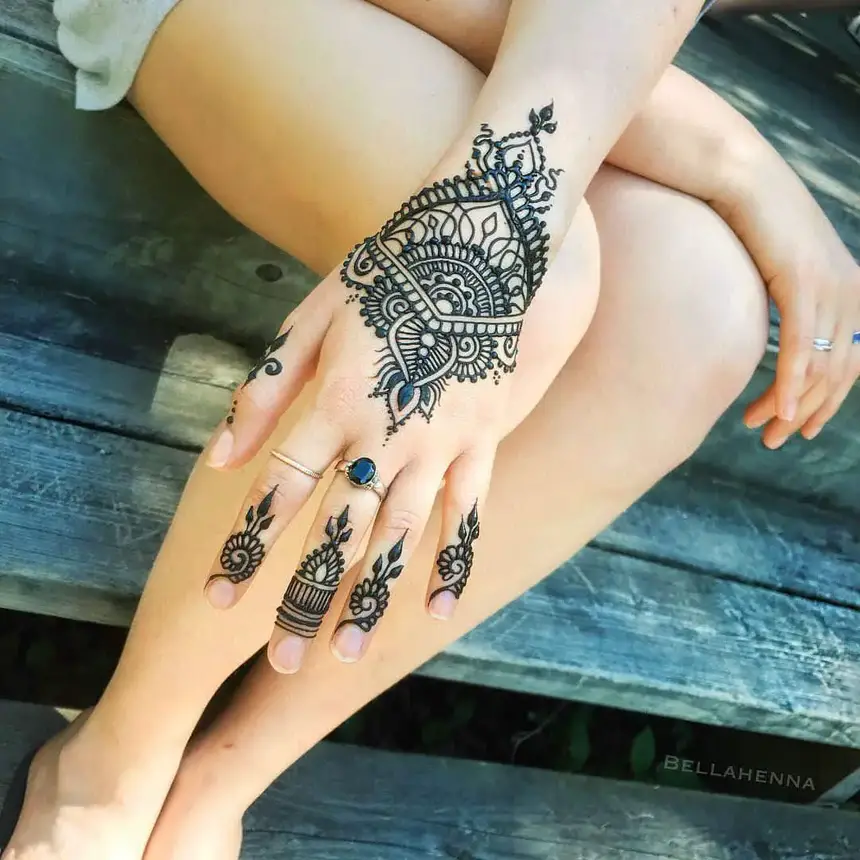
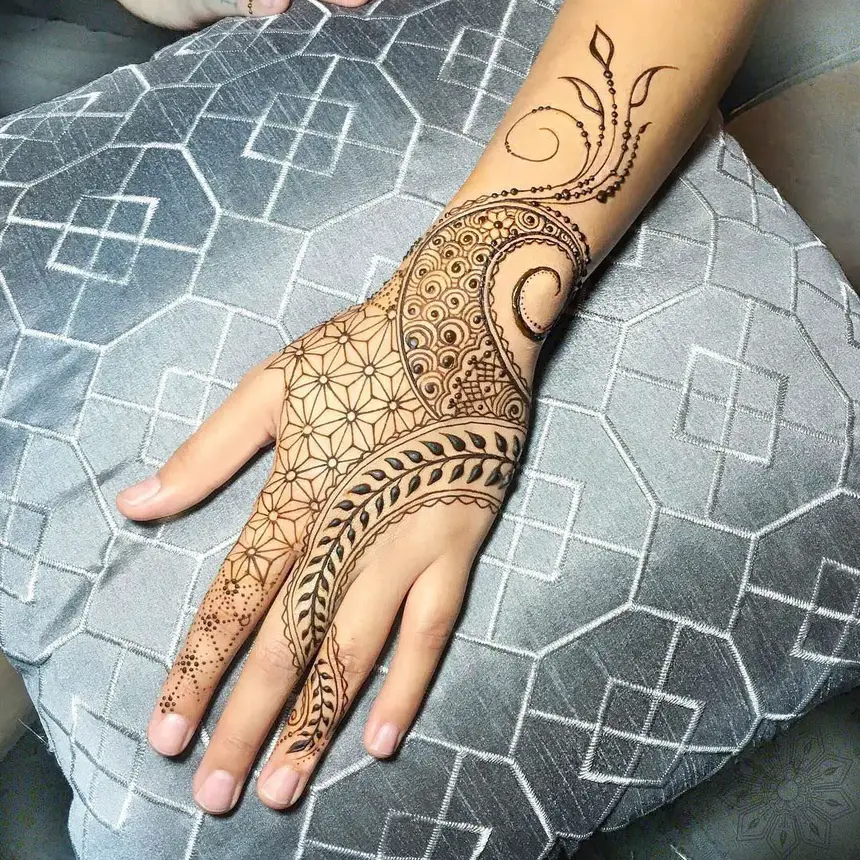
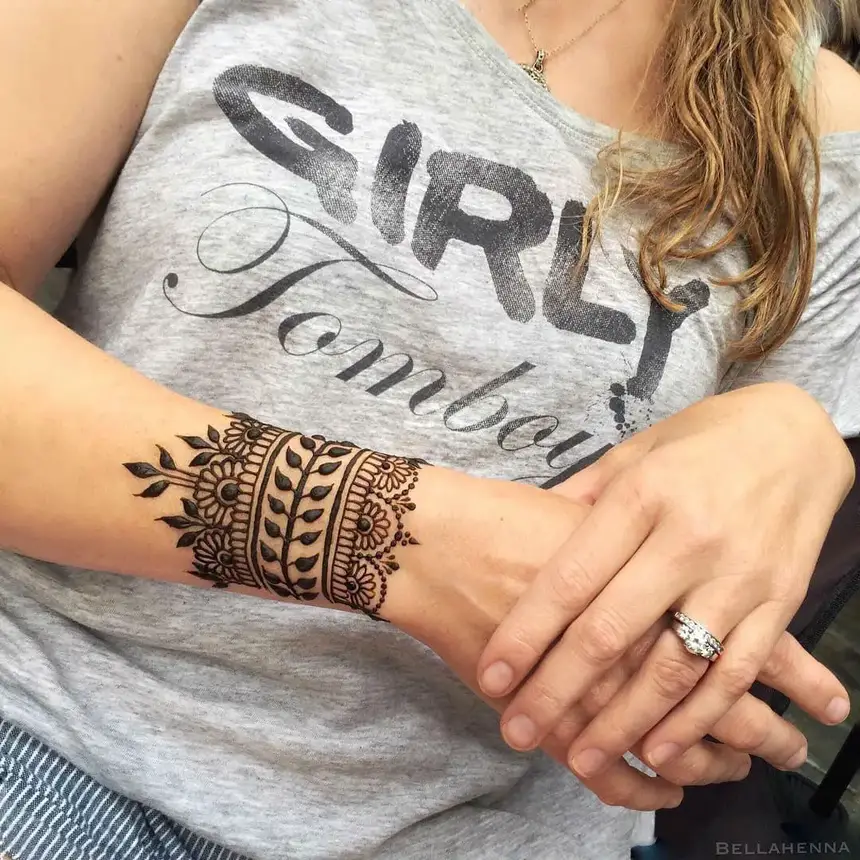
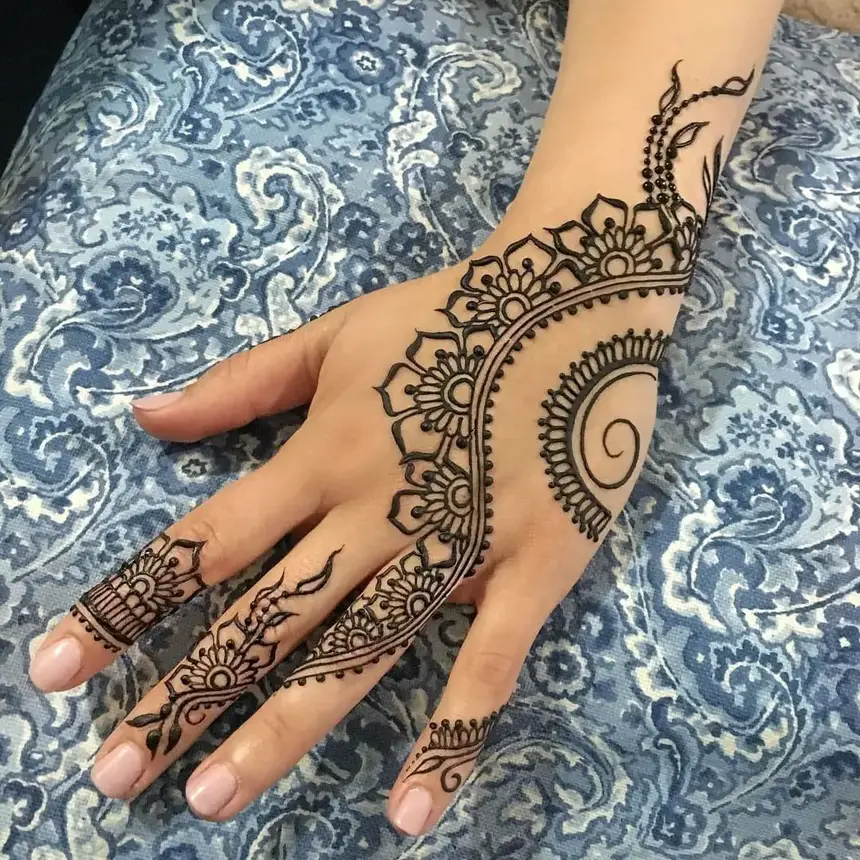
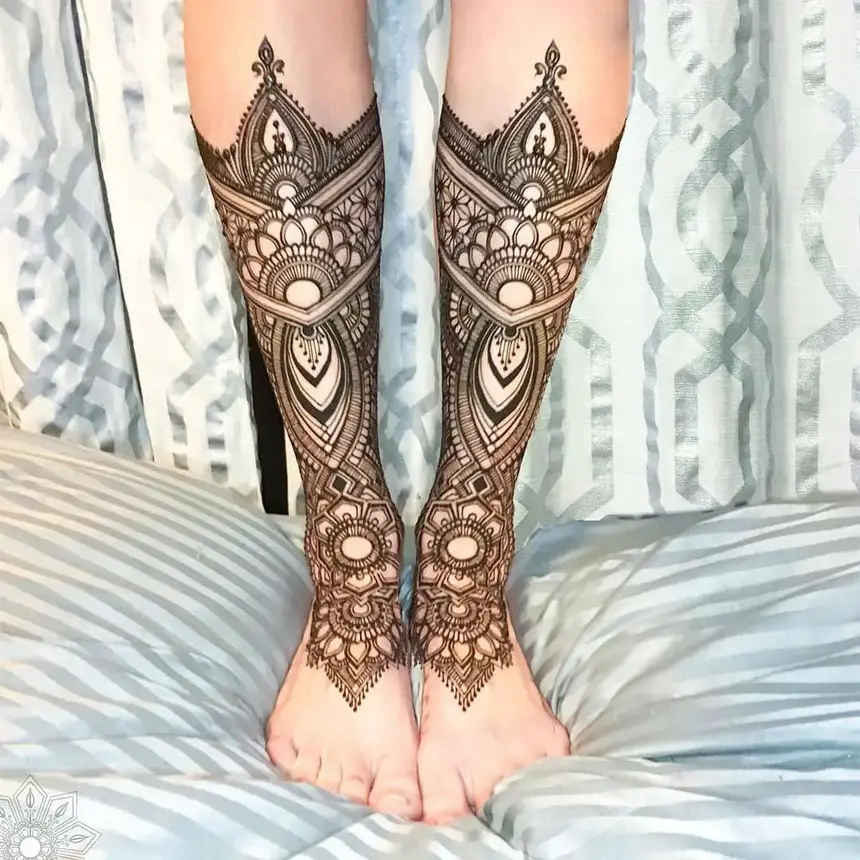
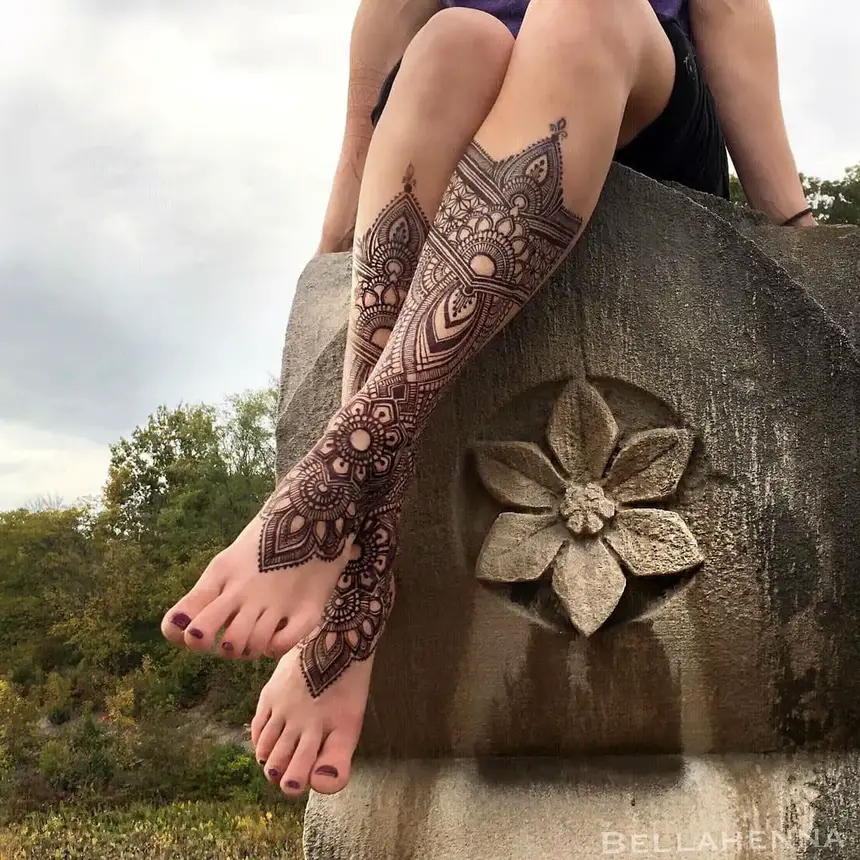
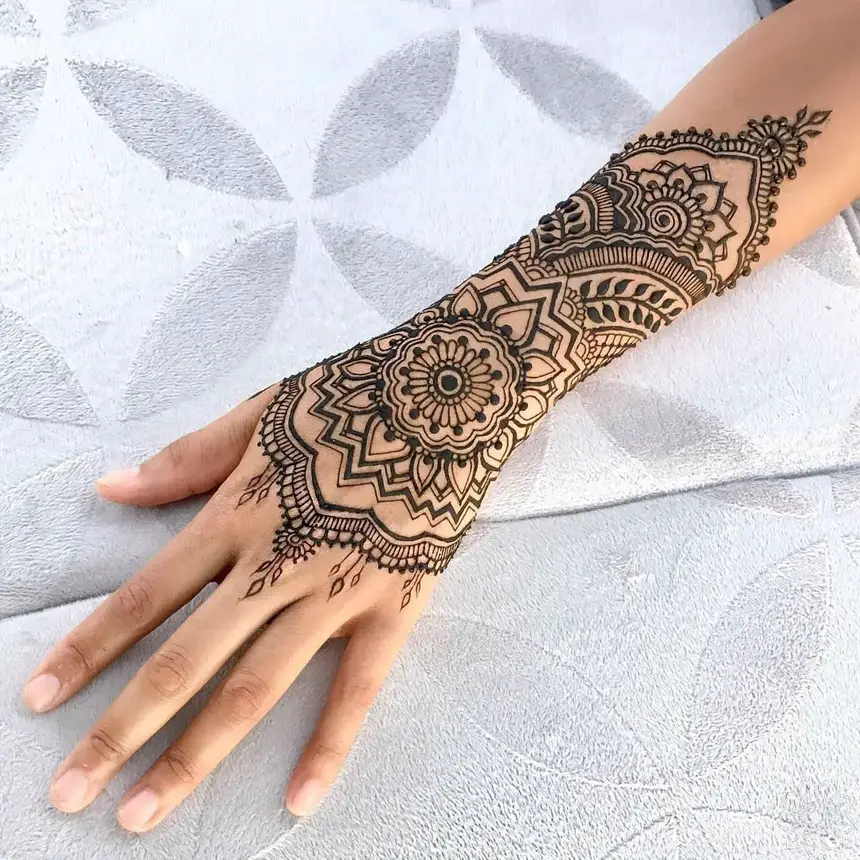
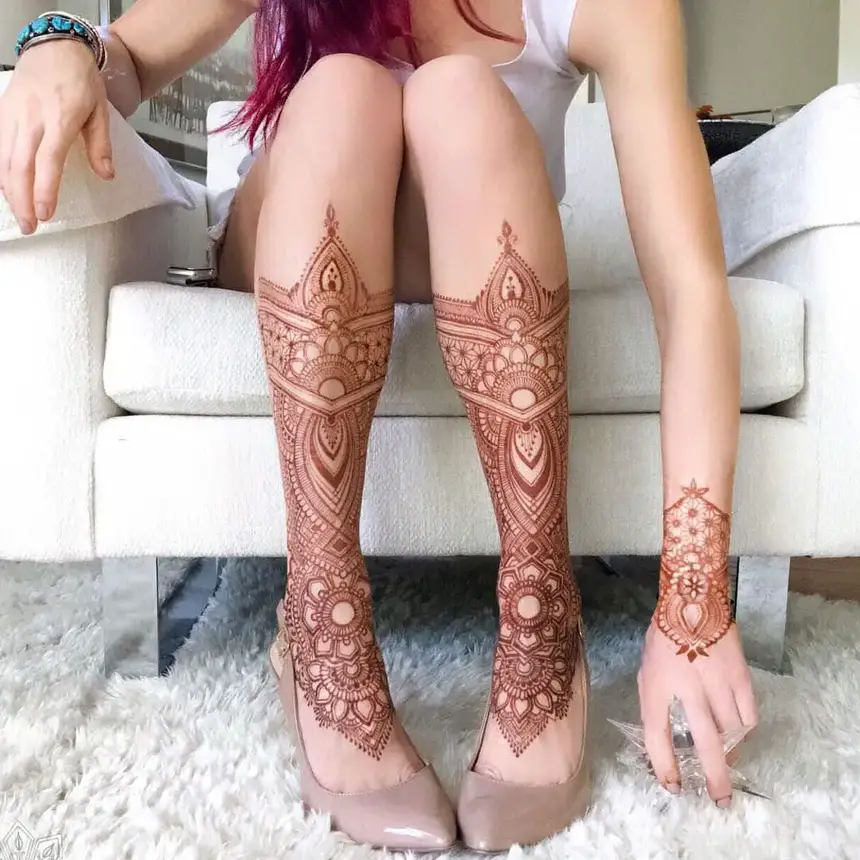
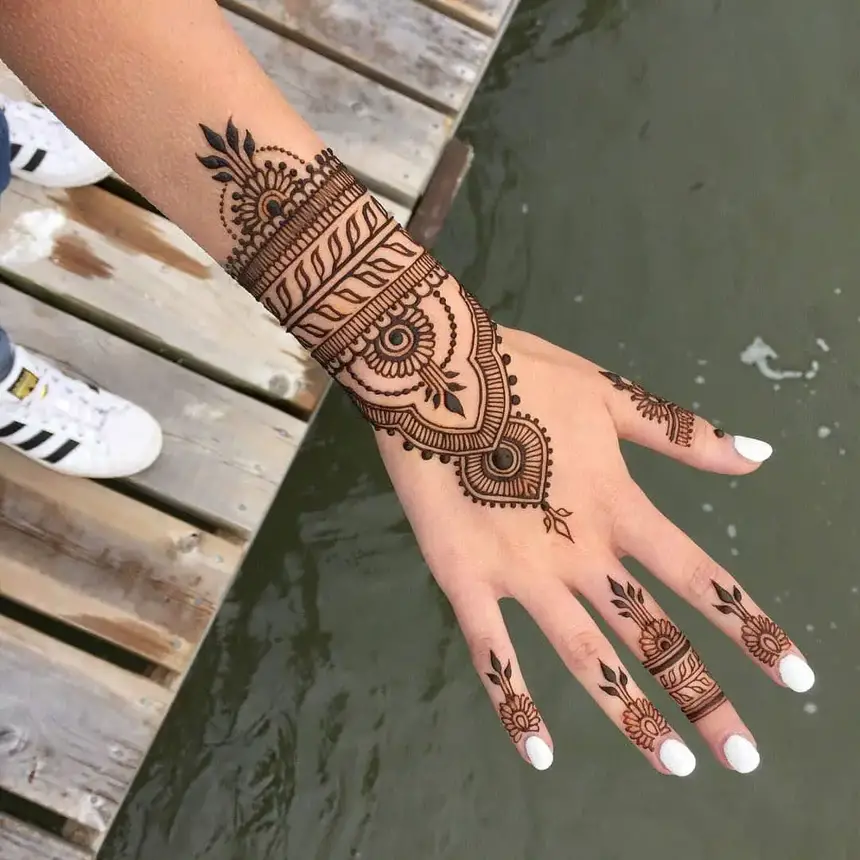
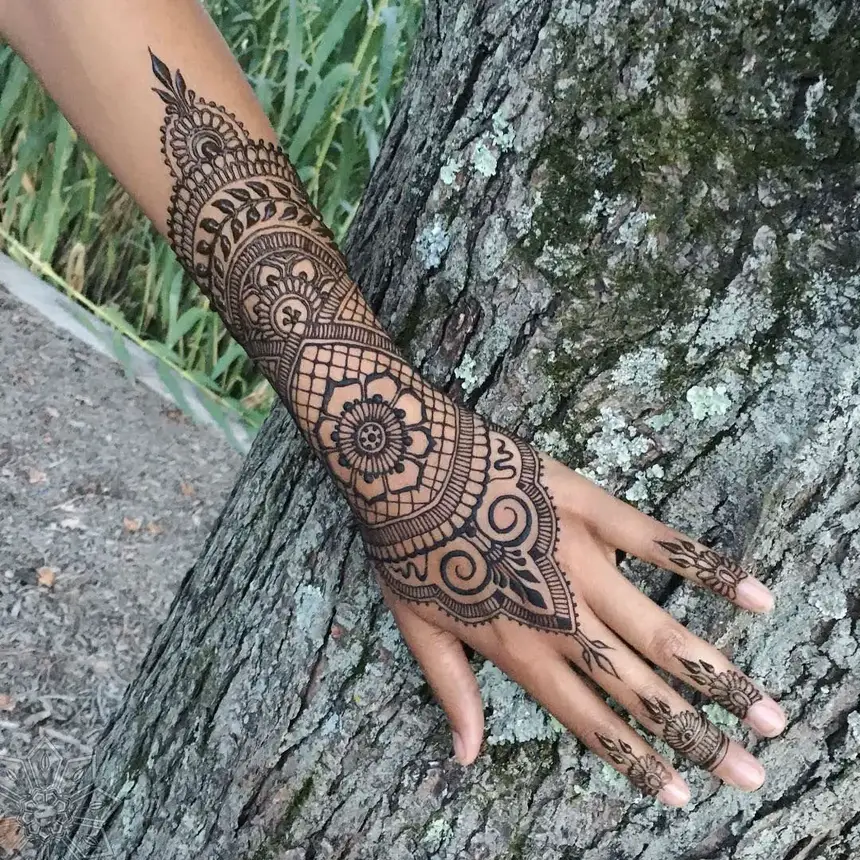
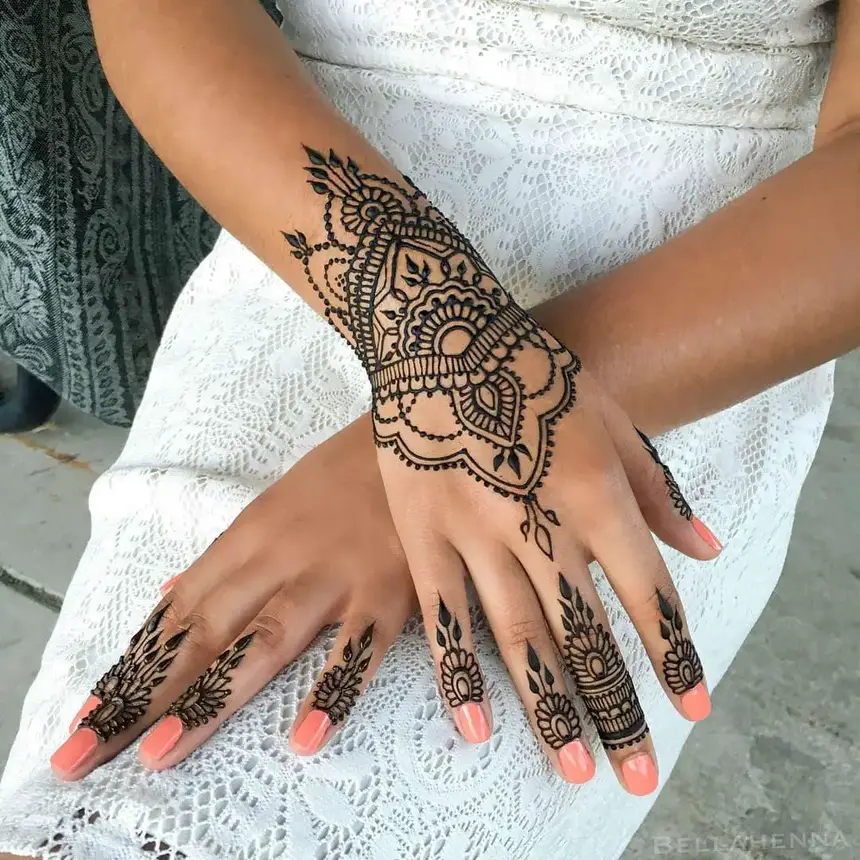
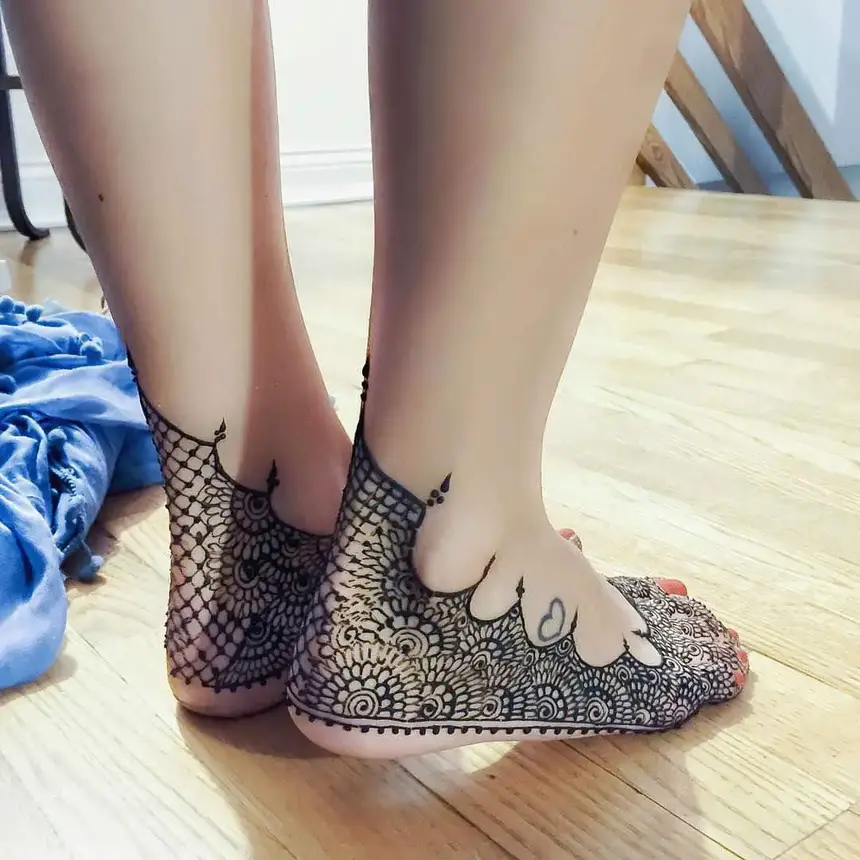
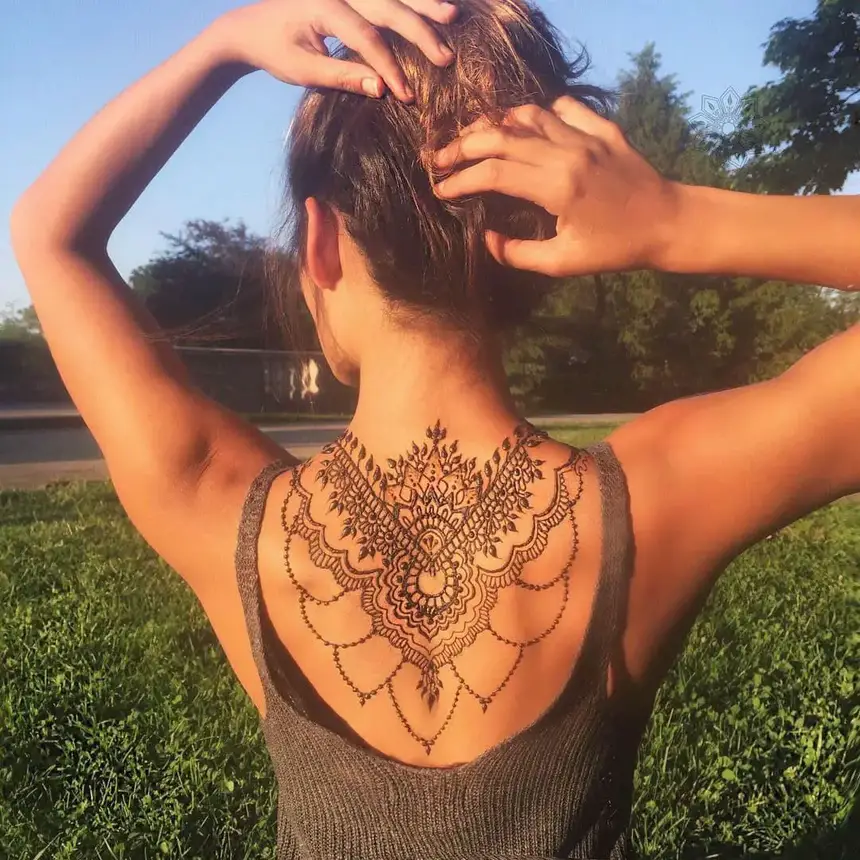
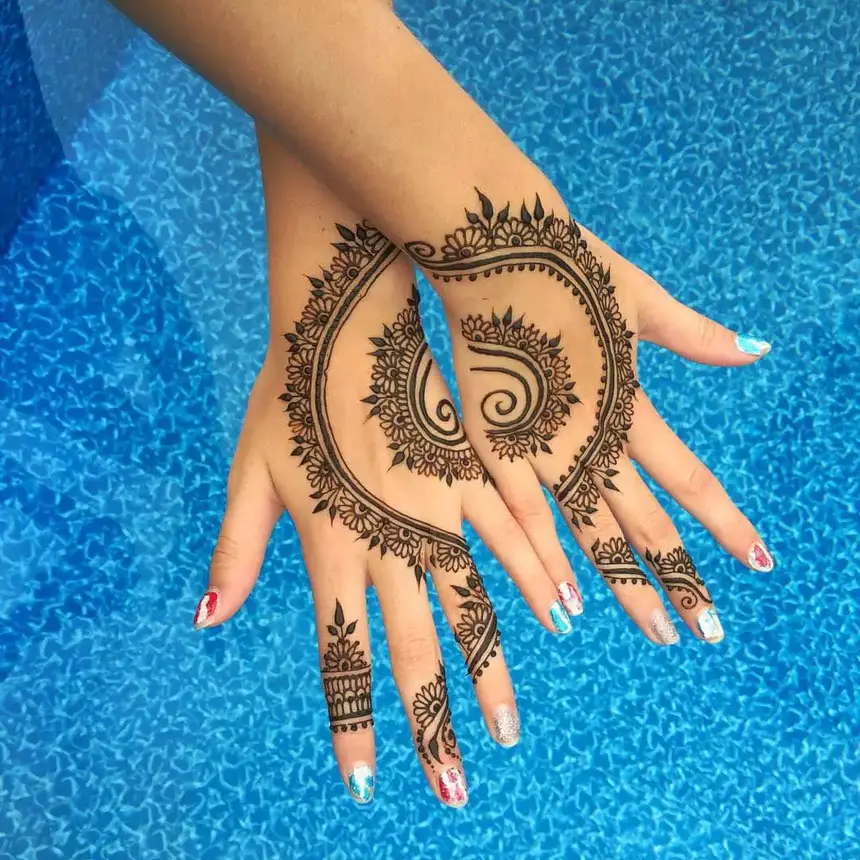
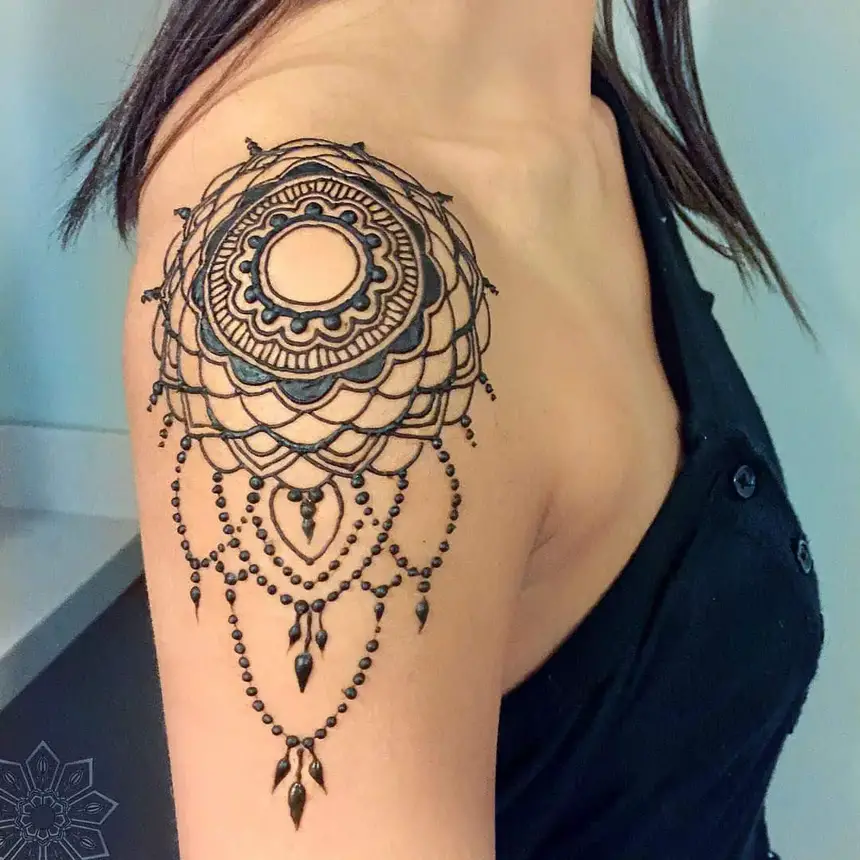
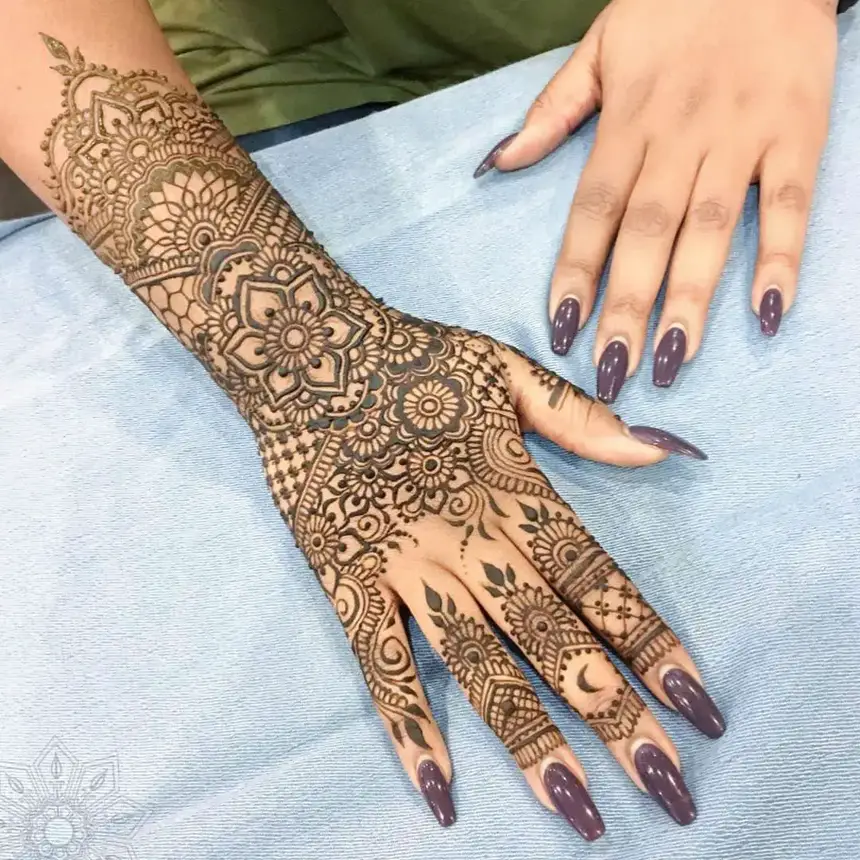
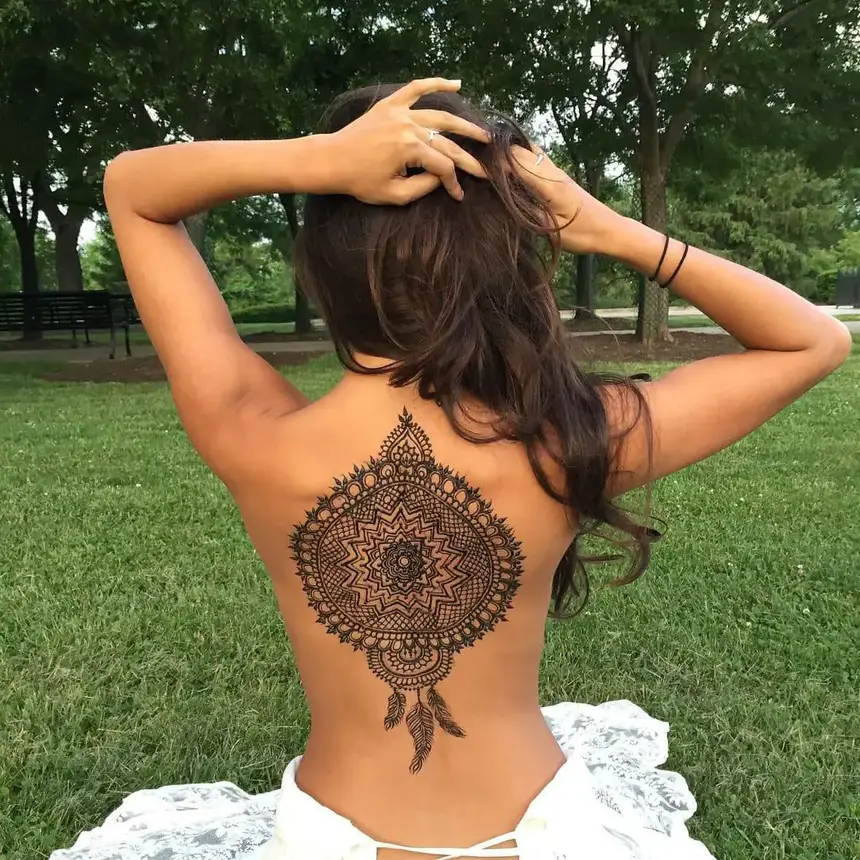
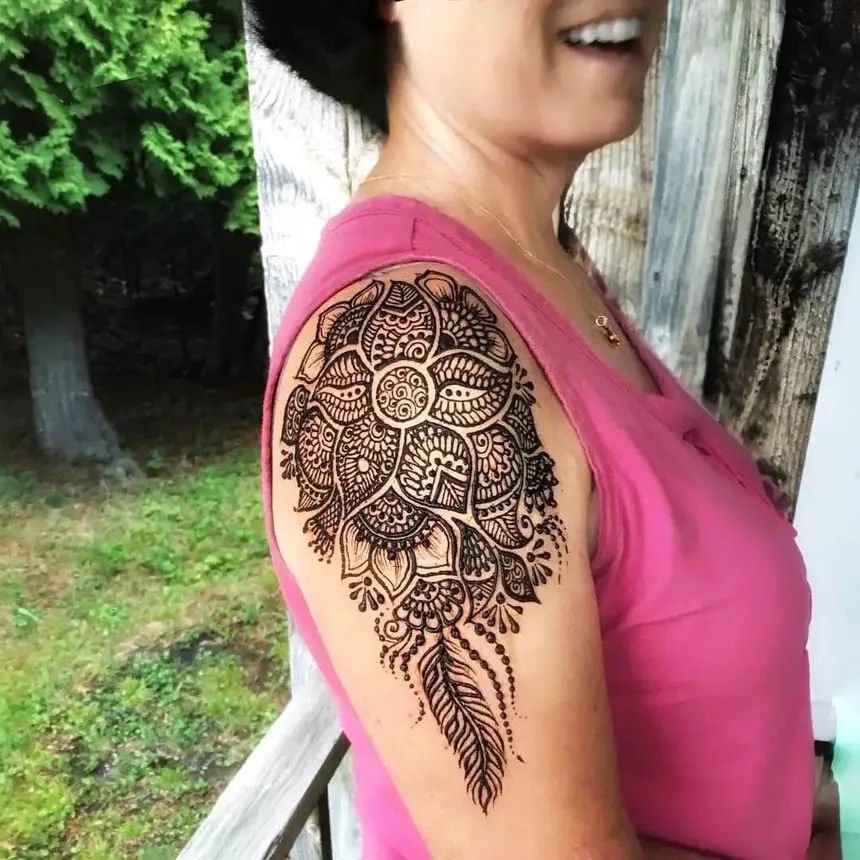
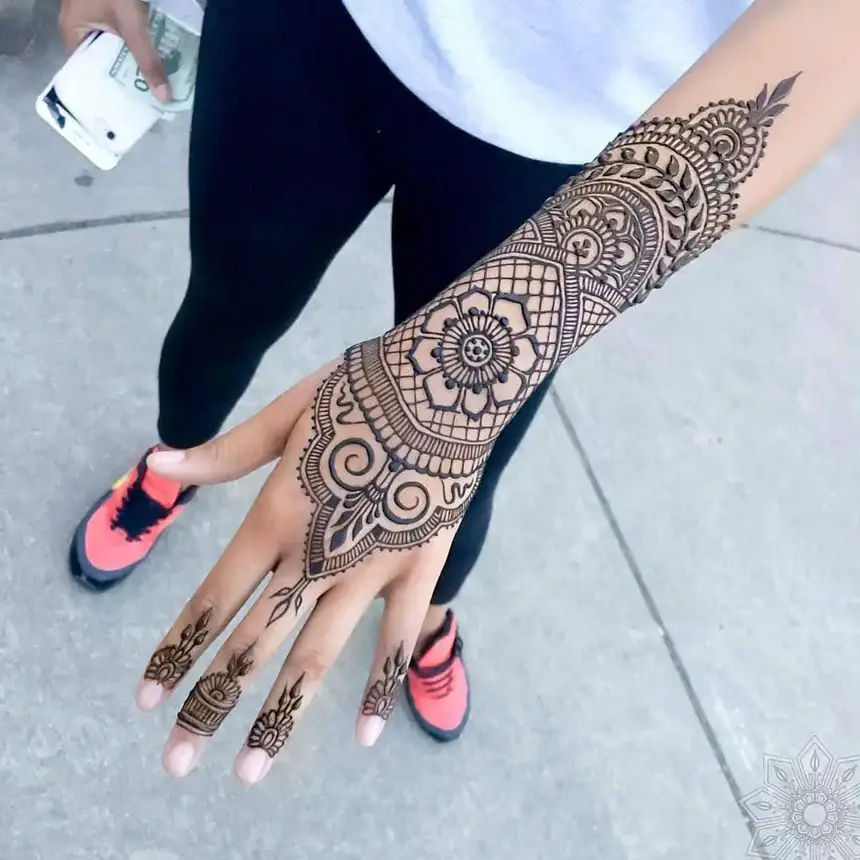
Comments